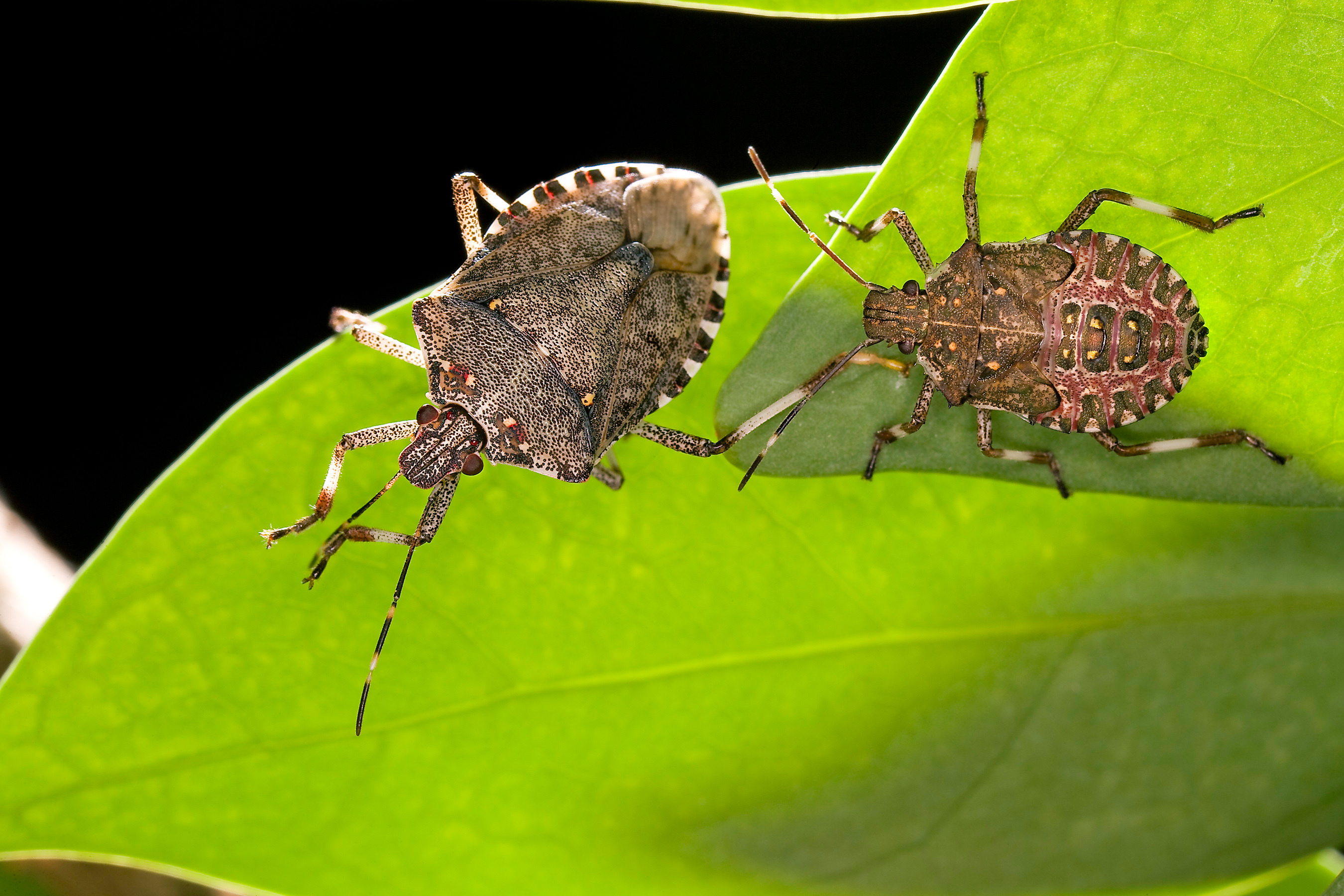Fighting Pests the Organic Way
Farmers have long used pesticides to protect their plants and crops from hungry pests, such as the spotted wing drosophila fly (SWD). This beautiful creature has wreaked havoc on farms in the west, causing over $700 million annually in crop damage. Farmers fight SWD with synthetic insecticides, but that can be expensive and is also harmful to the environment, contributes to pesticide resistance, and may be harmful to humans.
ARS researchers may have found an organic alternative from a substance we use every day at home. Methyl benzoate is a naturally occurring compound produced by plants, and its fruity and floral aroma makes it a staple in perfumes and cosmetics and as a food additive. Nature also employs it to attract pollinators. When used as an organic pesticide, however, it’s been shown to kill or repel many insects in various stages of development, including mosquitoes, bed bugs, fire ants, ticks, flies, moths, and the brown marmorated stink bug. Perhaps most important, however, is its ability to repel and kill SWD, a major destroyer of blueberries, blackberries, raspberries, strawberries, and cherries. Because methyl benzoate is an environmentally friendly, bio-based compound, it has great potential to be used by people for human protection as an alternative to synthetic pesticides. It also costs less than synthetic pesticide treatments.
Read "Organic Multitasking: From Human Food Additive to Pesticide" to learn more.



